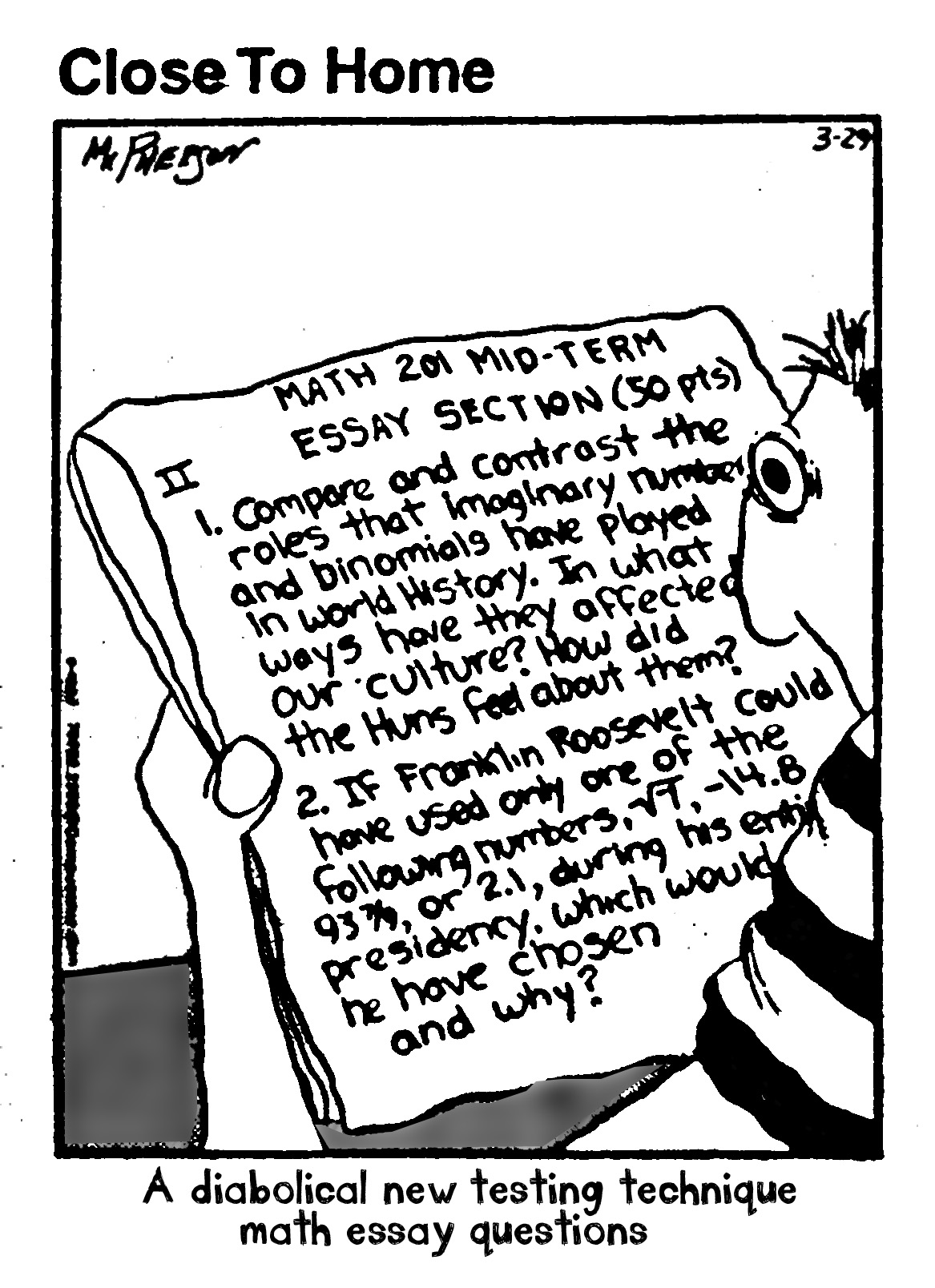Common Core’s Newer Math is a lot like like the old new math, writes David G. Bonagura Jr., a teacher and writer, in National Review Online.
In 1961, New Math “was supposed to transform mathematics education by emphasizing concepts and theories rather than traditional computation,” as this article shows.
Flash forward 50 years, and Common Core is today making the same promises:
The standards are designed to be robust and relevant to the real world, reflecting the knowledge and skills that our young people need for success in college and careers. With American students fully prepared for the future, our communities will be best positioned to compete successfully in the global economy.
New Math, Sequential Math, Math A/B, and the National Council of Teachers of Mathematics Standards also “promised to transform (America’s children) into young Einsteins and Aristotles,” writes Bonagura. It didn’t work out that way.
Despite claims that Common Core doesn’t tell teachers how to teach, the new standards come with a flawed pedagogy, Bonagura charges. “Common Core buries students in concepts at the expense of content.”
Take, for example, my first-grade son’s Common Core math lesson in basic subtraction. Six- and seven-year-olds do not yet possess the ability to think abstractly; their mathematics instruction, therefore, must employ concrete methodologies, explanations, and examples. But rather than, say, count on a number line or use objects, Common Core’s standards mandate teaching first-graders to “decompose” two-digit numbers in an effort to emphasize the concept of place value. Thus 13 – 4 is warped into 13 – 3 = 10 – 1 = 9. Decomposition is a useful skill for older children, but my first-grade son has no clue what it is about or how to do it.
Students can’t just solve math problems and show their work, he writes. They need to provide a written explanation.

With sons in first and third grade, he’s seen Common Core math books that “devote enormous space to word problems that have to be answered verbally as well as numerically, some in sections called Write Math.”
That makes math much harder for students who aren’t proficient in English or in reading and writing, Bongagura points out. (Handwriting was very difficult or both my brothers.)
With so much focus on teaching students the “why” of math, teachers will have little time to teach the “how,” Bonagura predicts.
Mathematical concepts require a high aptitude for abstract thinking — a skill not possessed by young children and never attained by many. What will happen to students who already struggle with math when they not only are forced to explain what they do not understand, but are presented new material in abstract conceptual formats?
“Instead of developing college- and career-ready students, we will have another generation of students who cannot even make change from a $5 bill.”